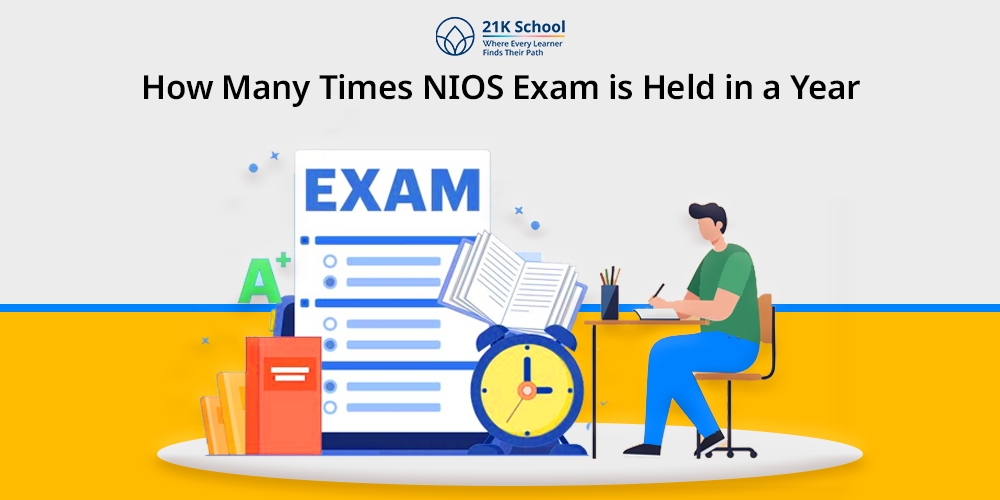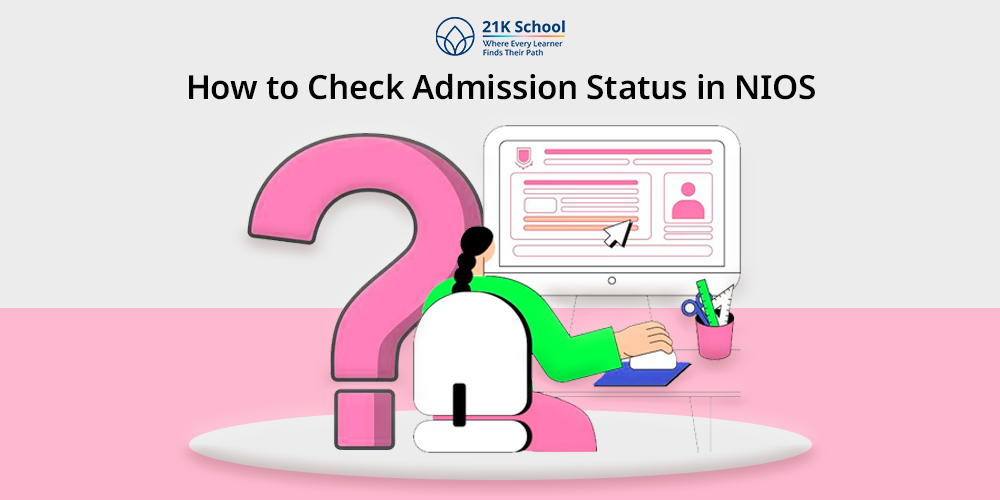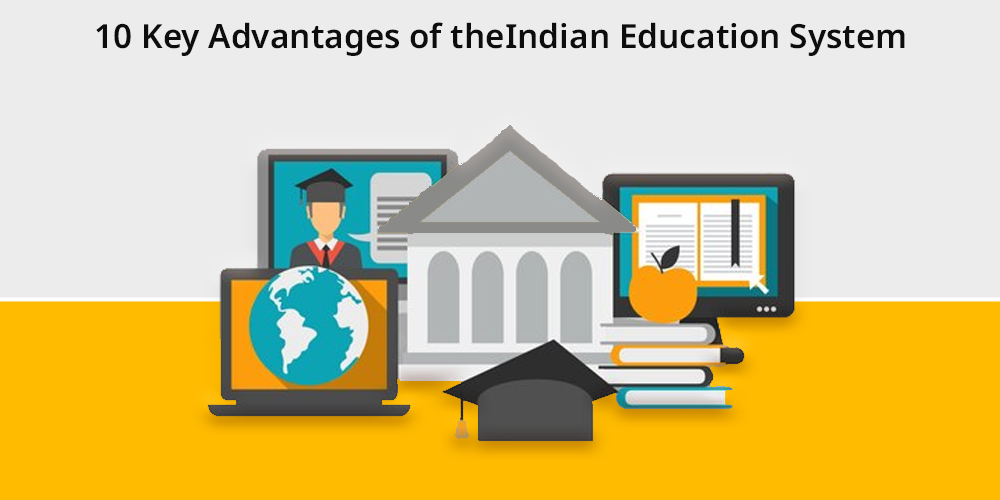
The Indian education system has been the pillar of academic excellence for decades, shaping some of the brightest minds in the world.
Famous for its strict emphasis on basics, discipline, and methodical learning, it not only gets students ready for exams—but for life.
With greater incorporation of traditional values and modern innovation, it’s evolving to suit the requirements of the future.
From building resilience to developing global competitiveness, the Indian education system has a plethora of advantages that go largely unspoken.
In this blog, we’ll find out the most significant advantages that make it a force to be reckoned with in shaping young minds for success.
Table of Contents
- 10 Key Advantages of Indian Education System
- 1. Effective Teaching Methods in Indian Schools
- 2. Building Mental Strength Through Education
- 3. Student-Centric Curriculum in Indian Education
- 4. Personalised Learning in Indian Classrooms
- 5. Positive Academic Pressure for Success
- 6. Indian Education and Cultural Values
- 7. Global Achievements of Indian Students
- 8. EdTech Transformation in Indian Education
- 9. Affordable Education with High Value
- 10. Competitive Exams That Build Sharp Minds
- Final Words: Rethinking the Indian Education Narrative
10 Key Advantages of Indian Education System
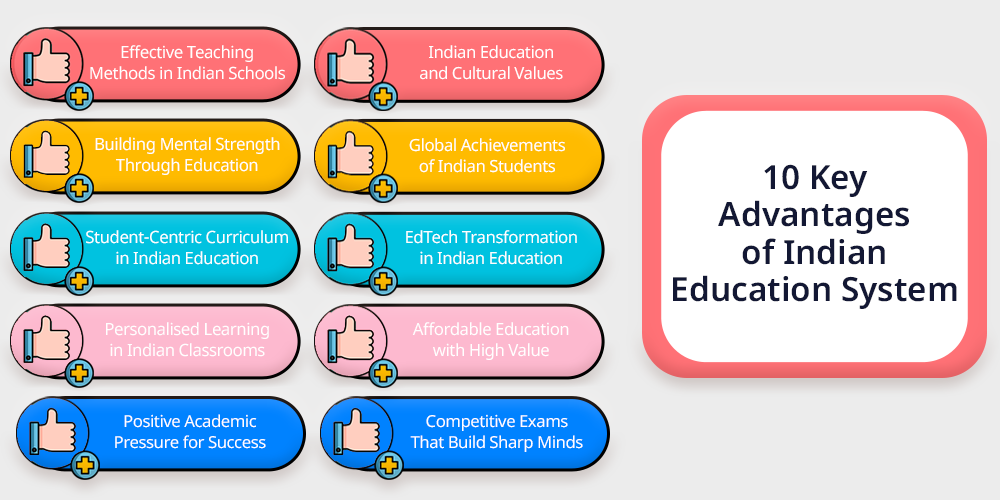
1. Effective Teaching Methods in Indian Schools
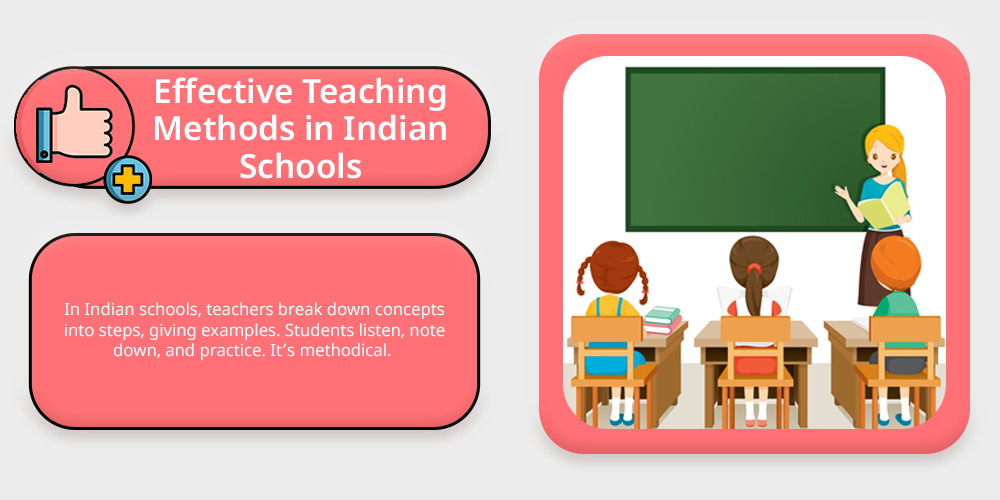
In Indian schools, teachers break down concepts into steps, giving examples. Students listen, note down, and practice. It’s methodical. Predictable. And for math, physics, or grammar, it works.
You will not see children performing interpretive dance to master algebra. But they will be lucid in developing a child’s problem-solving and analytical skills.
Whereas others are seeking “engagement,” India silently builds solid foundations.
2. Building Mental Strength Through Education
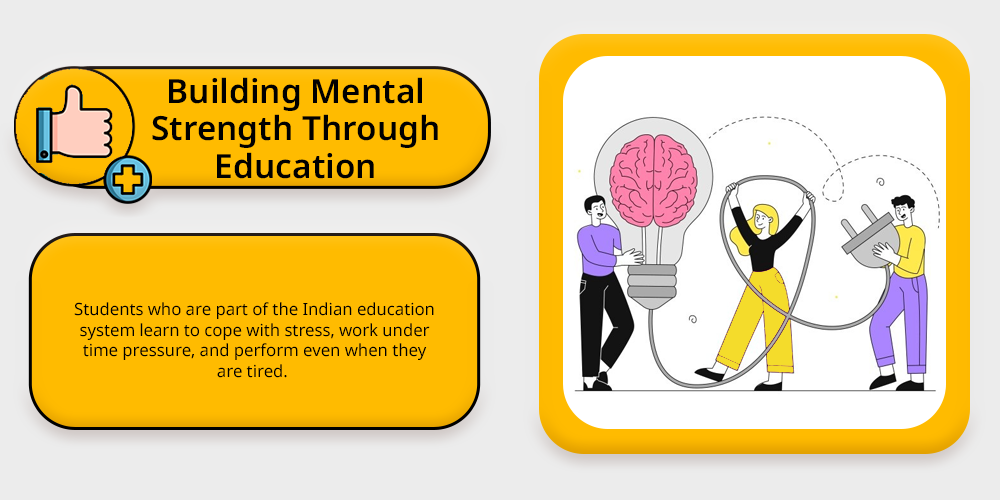
Students who are part of the Indian education system learn to cope with stress, work under time pressure, and perform even when they are tired. Something valuable emerges out of that experience—resilience.
These are not necessarily intellectual abilities—they are life skills which are not taught in schools.
You might not realise it at the time, but later on, when things are not going so well, that quiet strength comes in handy.
It’s not something you can just learn about or be instructed in. It’s something you develop yourself by living it, step by step.
3. Student-Centric Curriculum in Indian Education
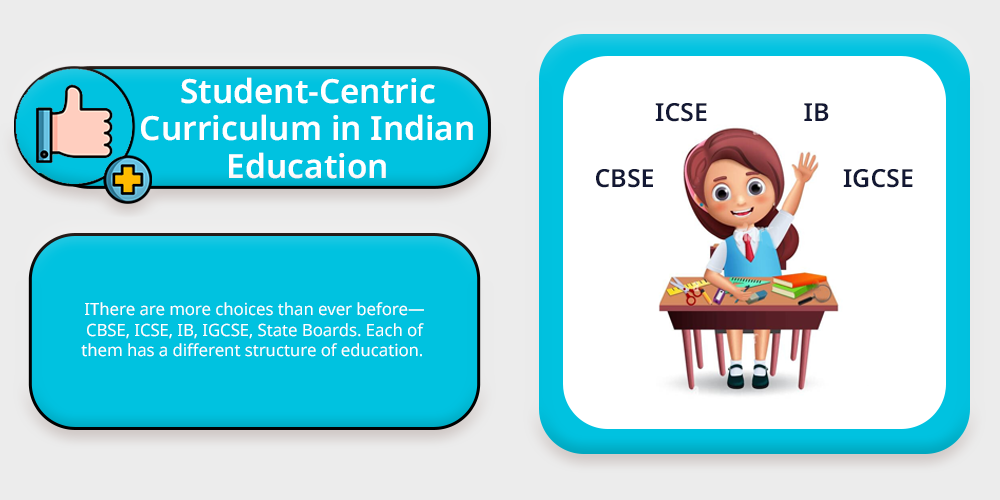
There are more choices than ever before—CBSE, ICSE, IB, IGCSE, State Boards. Each of them has a different structure of education. Some are project-based. Others are theory-based. Others nurture creativity.
Students and parents can even choose an educational curriculum that fits their needs and learning preferences.
And that matters because the future of education is flexible and remote. Because when children are noticed and encouraged in their learning, they start to thrive—not merely survive.
4. Personalised Learning in Indian Classrooms
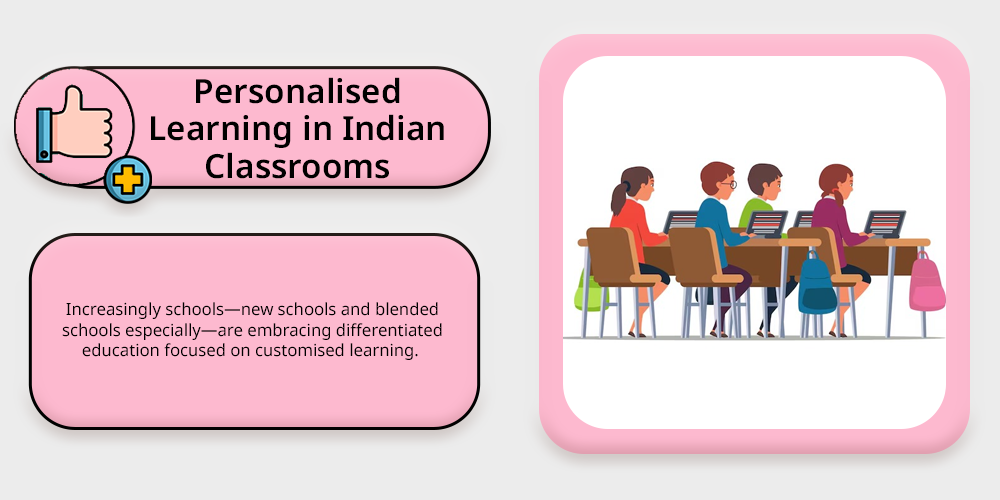
Increasingly schools—new schools and blended schools especially—are embracing differentiated education focused on customised learning. That means that not every student learns the same or at the same rate.
Some need visual aids, additional time, zoom through the lesson in record time and more. Good teachers these days adjust to whoever is in the room.
It enhances the student-teacher relationship.
And the icing on the cake? Students no longer consider themselves “less than” simply because they are different. They’re finally learning what sticks.
5. Positive Academic Pressure for Success
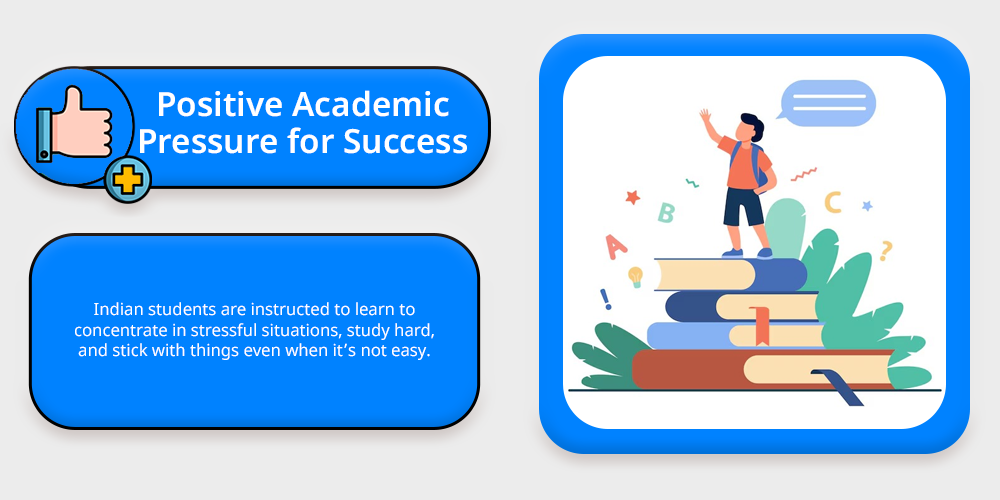
Yes, the competition will be intense. But that does not always have to be negative.
The same thing that individuals complain about—too much academic pressure—is what gets students ready for success.
Indian students are instructed to learn to concentrate in stressful situations, study hard, and stick with things even when it’s not easy. Be it entrance examinations or Olympiads, the system makes you serious about challenges.
If you feel your kid is facing study stress, learn how students can cope with study stress in detail.
That mentality not only benefit you at school. It appears everywhere—in interviews, careers, business presentations, even in everyday life.
It produces doers. Doers who get things done. And that’s a scarce commodity in today’s distracted world.
6. Indian Education and Cultural Values
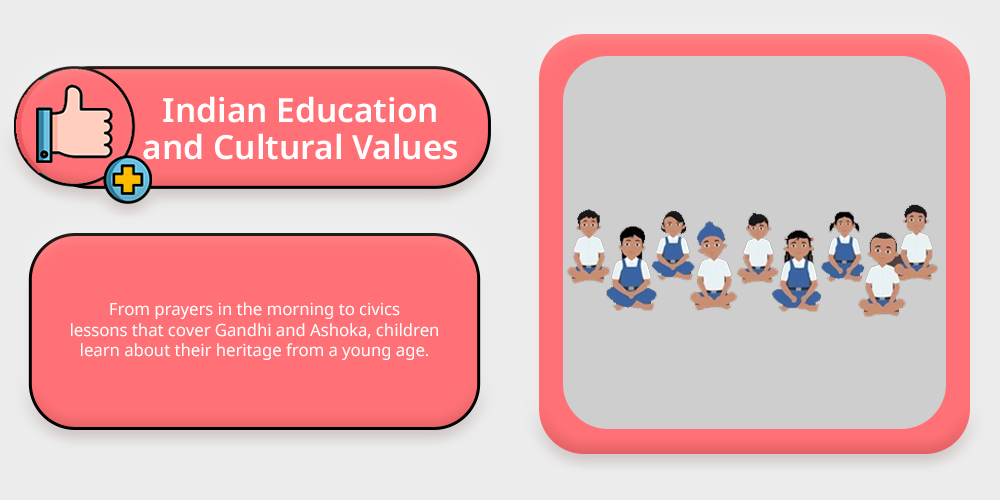
Indian education is value-based, culture-based, and community-based.
From prayers in the morning to civics lessons that cover Gandhi and Ashoka, children learn about their heritage from a young age. Even civics or language lessons are more likely to feature tales of respect, tradition, and diversity.
You don’t graduate from school with grades. You graduate with a good sense of self.
You can make your child understand the value of cultural awareness and in a changing world, that sort of stability is worth its weight in gold.
7. Global Achievements of Indian Students
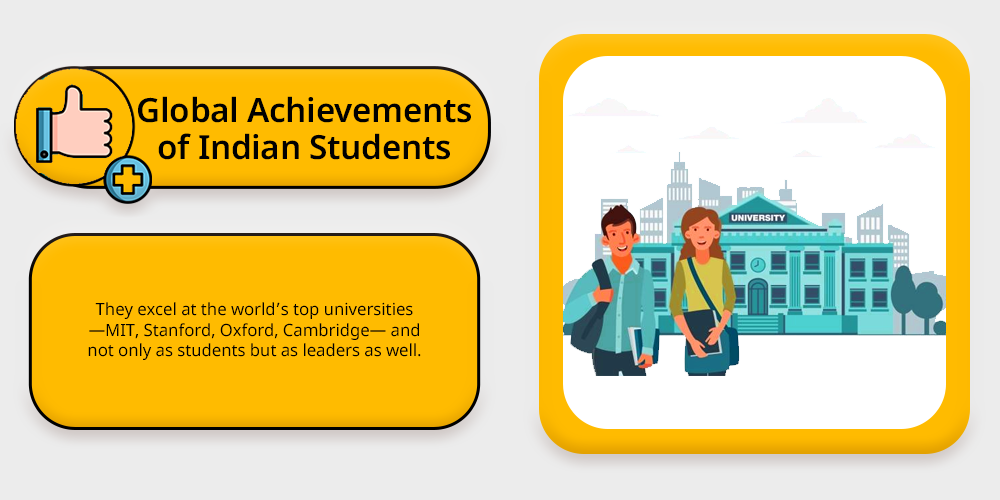
You don’t require a theory to understand how good the Indian education system is. Just look at the outcome.
Indian students consistently dominate international math and science Olympiads. They then excel at the world’s top universities—MIT, Stanford, Oxford, Cambridge—and not only as students but as leaders as well.
Read more on strategies for instilling leadership skills in students.
Even in the corporate sector, Indian-origin professionals are leading blue-chip companies. From Google to Microsoft, they’re making the decisions that are changing the world.
They learned in conventional classrooms from strict teachers, lengthy homework assignments, and a well-organised curriculum.
Also read how 21K School promotes global citizenship in education.
8. EdTech Transformation in Indian Education
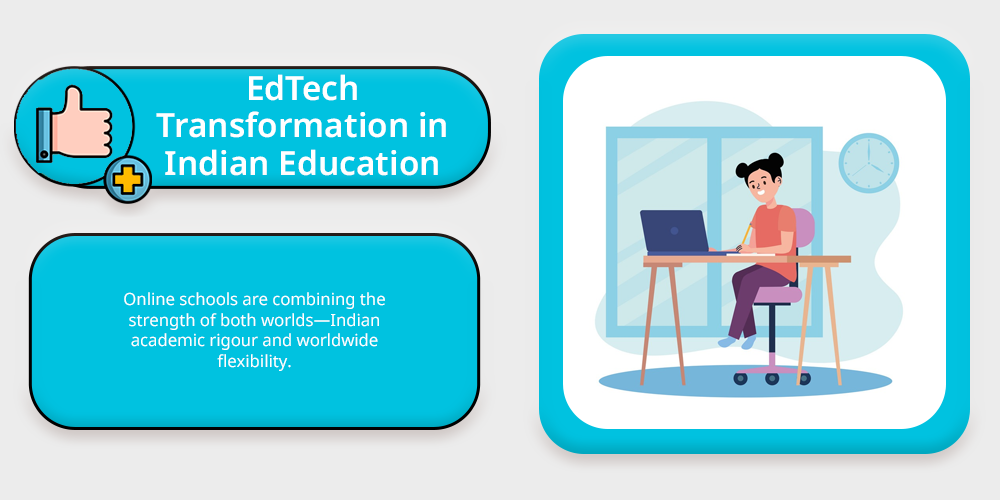
Online schools are combining the strength of both worlds—Indian academic rigour and worldwide flexibility. Students receive world-class content, live interactions, and personalized learning experiences—all while adhering to Indian boards.
Though conventional classrooms remain the standard, the emergence of online schools such as 21K School is disrupting the status quo.
No moving around. No relocation. Just learning from everywhere.
And since these sites are learner-not-schedule-designed, they make differentiated education not only possible, but the norm.
It’s not a replacement. It’s an evolution.
Also, read about the e-learning evolution and how it came to be.
9. Affordable Education with High Value

One of the greatest advantages of the Indian education system is that it can provide quality education at reasonable prices.
From government schools to private schools and internet sites, Indian education provides excellent learning opportunities. It eliminates the need to spend the high sticker prices of many Western nations.
From primary education to post graduation, Indian students enjoy experienced teachers, structured curriculum, and numerous scholarship programs.
This low-cost education system in India enables poor students to pursue higher education and professional degrees without becoming indebted. It’s one of the reasons why India continues to produce top professionals in every field of life all over the globe.
You can also read: Cheapest Universities in the World for International Students.
10. Competitive Exams That Build Sharp Minds

India’s reputation for churning out geniuses is based on a system of rigorous competitive exams that test students’ limits. Tests such as IIT-JEE, NEET, and UPSC are not examinations, but boot camps for logical thinking and perseverance.
These examinations help understand the importance of time management in exams for better results.
These examinations, being a part of the Indian educational system, require the students to think quickly. Students learn enormous amounts of information, and apply them to real-life scenarios.
While being strenuous, the system has proved to produce balanced individuals who excel in studies as well as life. Indian students have thus been doing well globally, especially in engineering, medicine, and technology.
Final Words: Rethinking the Indian Education Narrative
The Indian education system is improving, and it’s always had some hidden positives that are only now being appreciated.
It’s a system that develops mental toughness, provides academic precision, and fosters cultural confidence. It’s adaptable when it has to be.
And now, with technology in education, it’s more student-centred than ever.
Platforms like 21K School are proving that learning can be organised and personalised at the same time. That students don’t need to give up structure to be creative, or vice versa, that they can have both.

